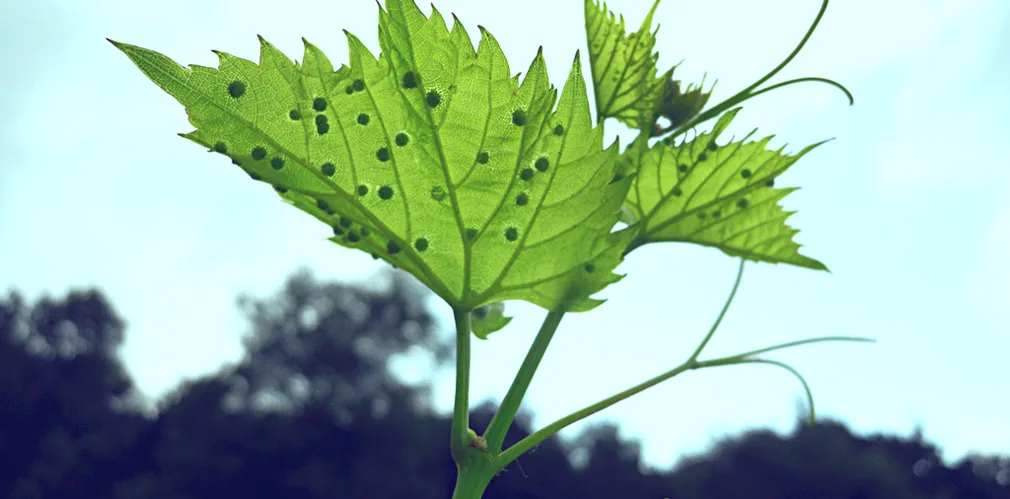Here I am, standing in the northern Montagne de Reims of Champagne, home to some of France’s most famed sparkling wines. The vineyards before me provide some of the most prestigious makers of Champagne with grapes for their finest wines, their têtes de cuvées. Frederic Panaiotis, the cellar master and lead winemaker at Ruinart, is talking about sex.
[pullquote align=”right” cite=”” link=”” color=”#0396EC” class=”” size=””]For most, the term “sexual confusion” simply sums up their high school experience. But in the world of wine, it describes a different set of problems.[/pullquote]For most, the term “sexual confusion” simply sums up their high school experience. But in the world of wine, it describes a different set of problems.
To protect the harvest and combat pests in the vineyard, drastic measures must be taken. This might mean pesticides or sprays that eliminate insect populations. But these extreme measures involve harsh chemicals that tend to do more harm than good. A better solution, as Frederic points out, is to manipulate the pests’ mating cycles using nothing but good ole fashioned hormones.
When a female pest is looking for a mate she releases chemicals to attract a gentleman caller. (Tinder has yet to catch on in the insect population.) The guy picks up her scent right away and they hop in bed. Very French. Next thing you know she’s popping out babies left and right and the vineyard is infested. To make things worse, the male is a baby daddy to a lot of lady pests. So, what if you could prevent the romance from even starting?
Small capsules about the size of a finger are placed strategically throughout the vineyard. Inside are tons of pheromones that saturate the area. The lady pest releases her scent, and the male searches for her. But wait, he can’t find her… the pheromones are confusing him!
Alas, the pests never hook up, they never fall in love and they never stay up all night mating. The male dies of a broken heart and sexual confusion. The vineyard is saved.
It’s certainly not very “French” to prohibit lovemaking, but protecting Champagne grapes must come first. This process is time-consuming and costly, but extremely effective. Little by little, vineyards around the world are converting to this sustainable practice and combatting pests without using harsh insecticides.
Next time you’re enjoying a glass of Dom Ruinart, know that millions of sex lives were ruined just to bring you this pleasure.








